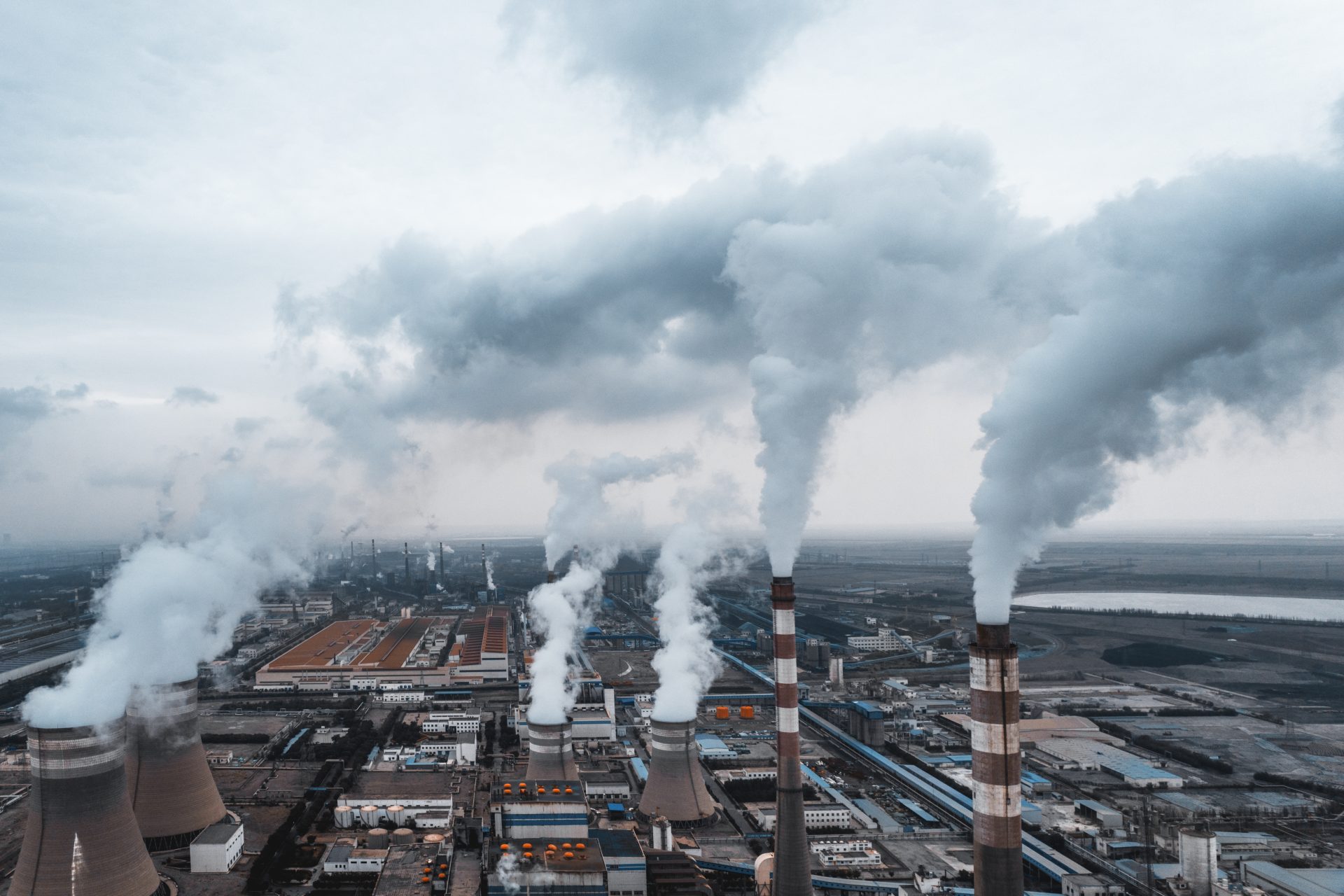In pictures: India and Pakistan hit record breaking temperatures
A deadly heatwave has been making life almost unbearable for residents of India and Pakistan in recent months.
India experienced the highest temperature in March 2022 since records began in 1901, and Parkistan reached temperatures never before seen in April.
In the fifth heatwave in India since March, temperatures recently hit a record 49.2ºC (120.5ºF) in the capital city of Delhi. According to India's weather department, fifteen states have been affected by the devastating heat.
While the weather department says temperature may fall 2-4ºC in some areas, many areas won't feel the temperatures go down any time soon.
In Pakistan the temperatures reached an unheard of 49ºC (120ºF) in April and 30% of the country's land area has been affected by the extreme heat.
As a result a glacier burst in Pakistan, causing flooding downstream. A bridge in Hassanabad village collapsed due to flash floods as a result.
Due to the loss of crops caused by the heatwave,India can no longer afford to export wheat to other nations struggling with food shortages caused by the war in Ukraine.
India has also seen its coal reserves depleted due to an increase in electricity use in an attempt by citizens to combat the high temperatures.
As a result, the country has been plagued by acute power outages, which have affected the lives of millions.
With extreme heat also come health issues, and so far, at least 90 people have died in India and Pakistan, according to the BBC. However, authorities believe the death toll to be much higher due to insufficient death registration.
According to a study by an international group of scientists released on Monday, this weather like this will likely continue in the region.
The World Weather Attribution initiative analyzed historical weather data. The group says that the current level of global warming has made heatwaves like the one the region is experiencing thirty times more likely.
Arpita Mondal, a climate scientist at the Indian Institute of Technology in Mumbai who partook in the study, says that if global heating arrives at 2ºC more than pre-industrial levels, intense heat waves could occur as frequently as every five years.
However, some believe that the results of the study are too conservative. Last week the United Kingdom's Meteorological Office said that heatwaves caused by climate change are more likely to occur every three years.
Nonetheless, all the experts agree that climate change is the main cause of these unbearable heatwaves in the region.
Roxy Mathew Koll, a climate scientist at the Indian Institute of Tropical Meteorology, told the BBC that while "several atmospheric factors have led to the current heatwave," global warming is the biggest culprit.
Koll told the news outlet, "That's the root cause for the increase in heatwaves." He also added that there needs to be more research done to "link climate change to other, less extreme weather fluctuations."
More for you
Top Stories






























